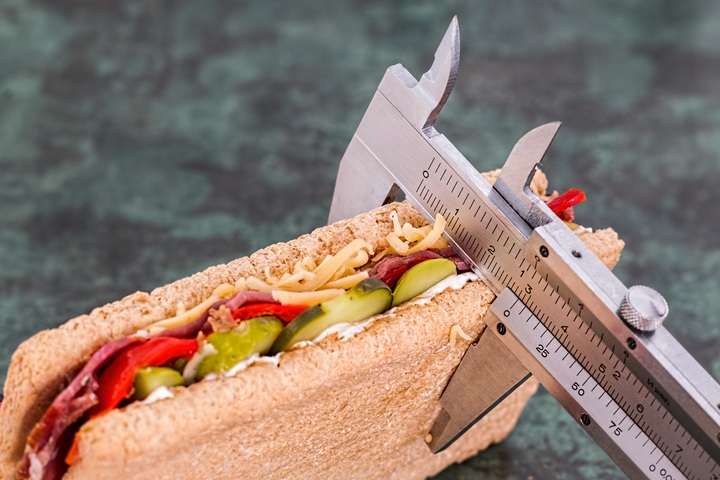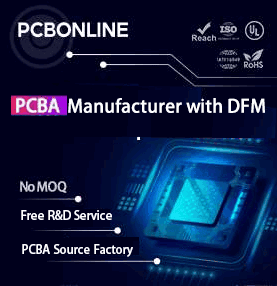There are several other inventions that promise to revolutionize our everyday lives – but also make life easier for the manufacturers who produce them, too. Innovation is all about bringing ideas into reality and making things happen that have never happened before – or even been imagined before. And it’s not just a concept; it has become a part of our daily lives as we get used to technological progress every day- be it with smartphones, tablets, or cars.

In the case of the food industry, we’re reaping the benefits of the innovations within the field of technology. Developments and innovations have helped the food industry reach lengths never reached before, and as a result, humanity benefits. The modern human’s diet is significantly different (for the better, too!) compared to people of older times. And we could not have achieved this without the power of technology.
But how does technology affect the food industry? Let’s take a look at how it impacts food and what we know of food.
Drones Make the Farmer’s Jobs Easier
Because the agricultural industry is reliant on weather conditions, it can be rather difficult to be consistent when it comes to the quality of crops, produce, and even soil. There are different techniques that farmers employ in order to make sure they have a good yield every time around but many of them still rely heavily on what Mother Nature has been doing all season long (or for the past few years). Fortunately, technology now exists that allows farmers to rely less on the fickle element of nature.
Drone technology now allows agricultural companies not just to spread fertilizer and water, but also to get necessary insight that would not otherwise be available. Farmers can see where the crops are growing in a much more precise way than ever before. When farmers have that ability, it has a lot of applications beyond what we have seen today, such as for managing livestock and wild game animals as well as running precision weed control programs around plants in crop fields or pastures or greenhouses, depending on what they want to do with their drone data.
Robots are Improving Food Production
There’s a lot of technological devices that are created with the intention of making food production safer, faster, and more hygienic. Only through using such advanced machines can food products and raw ingredients be maintained in consumable condition. Drum heaters and infrared gas heaters that maintain food in high temperatures, or flash freezers that keep the freshness of ingredients are regularly being used- and now robots are too.
Meat processing companies are now using the precision that only robots can afford to cut the rather difficult parts of all types of meat. They can do so in a quick, clean, and safe way and do not create wasteful emissions as much as humans do with their knives when slicing meat for a sandwich or cutting it into pieces for cooking dinner! The most common type of robot used by meat processors is a stationary robot with an arm that moves over the carcass and cuts the specific piece of meat that needs attention while the other parts are cut by the machine’s programmed movements; They also have numerous advanced applications that allow them to perform more than one function within the same machine.
Sustainable Food and Packaging are In
Sustainable meals are food that takes into account the nutritional value of ingredients while reducing our impact on the environment, energy, and resources such as water, land, and air pollution, deforestation or over-exploitation of nature’s resources, climate change, etc. This isn’t just limited to the food itself- packaging has become sustainable.
The technology to turn food and packaging sustainable (by limiting the excessive waste) has become refined to the point that consumers are demanding it, and businesses are complying. The reason for the increasing demand is not just because of the benefits in terms of image; it’s also a result of the rising awareness about the negative effects of unhealthy eating habits on the body and the environment as well as the growing demand for healthier food products among people all over the world.
The food industry has been changing throughout history; it was once just based on agriculture, but now it extends far beyond that into other areas such as manufacturing, biotechnology, etcetera! Technology is essential for these changes, and our civilization directly benefits from these improvements. In the next few years, we can expect even more improvements in both fields, and it will positively impact our lives.

